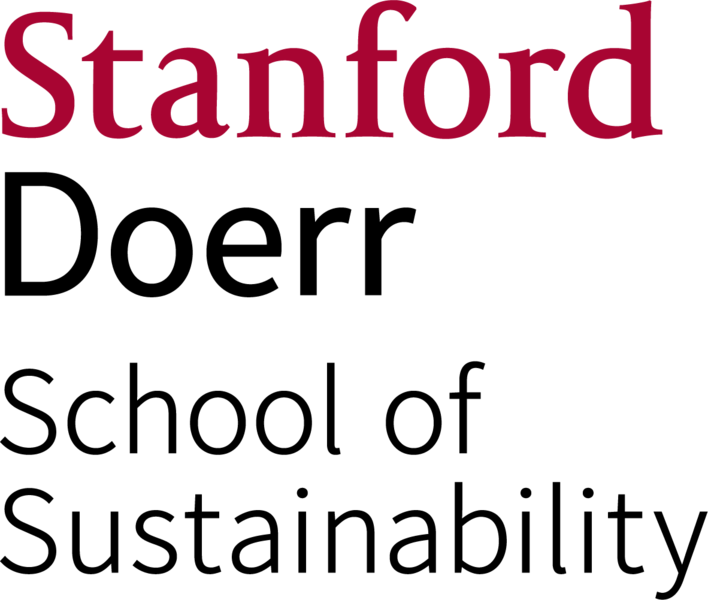Research
The Benson lab was formed in Spring 2007, when Sally Benson joined the Stanford faculty. In order to contribute to a low-carbon energy future, the Benson Lab has two major areas of focus. The first research focus is on carbon capture and storage (CCS), and the second focus is on energy system modeling and optimization.
Carbon Capture and Storage

Our laboratory studies fundamental aspects of geologic carbon dioxide sequestration in saline aquifers. We are able to replicate reservoir salinity, temperature, and pressure conditions upon cores of rock and flow mixtures of CO2 and brine. A medical CT-scanner is used to image the distribution of CO2 and brine inside the rock in real time. Our main interest is in the methods by which CO2 is immobilized in rock. More specifically, we aim to have a better understanding of the inherent heterogeneous structure of sandstone reservoir rocks and how small-scale capillary barriers, known as capillary heterogeneity, affect CO2 migration and trapping.
Other research interests in the area of subsurface CO2 flow behavior include CO2/water two-phase flow relative permeability in fractured basalts, CO2 exsolution and process-dependent trapping processes, pore-scale observation and modeling of CO2 trapping, as well as Ostwald ripening in rocks and its implications for CO2 trapping permanence.
Energy System Modeling and Optimization
First in the context of the Global Climate and Energy Project and now as an integral part of the Benson Lab, Sally Benson has also been leading innovative energy systems research to assess different technology options for a low-carbon future. A series of analyses on different storage technologies paired with wind and solar power generated groundbreaking insights into the costs of electrochemical storage. These insights fostered recent efforts that include: assessment of the benefits and impact of community-level energy choices; optimization of the placement of renewable power generation in the California electricity system; evaluation of the impact of gas plants which use CCS on the power grid; and the optimization of grid-responsive district heating and cooling.
Broadly, the goals of this new research effort in the Benson Lab are to identify and optimize synergies between components of energy systems as well as to identify and optimize links between energy carriers such as electricity, heat, and fuels, and to explore the potential of flexible energy system components that can increase the security and affordability of our energy system. Especially interesting to us are ways to control greenhouse gas emissions by coordinating the operation and planning of energy systems across multiple geographical and temporal scales while providing reliable, cost-effective energy.

